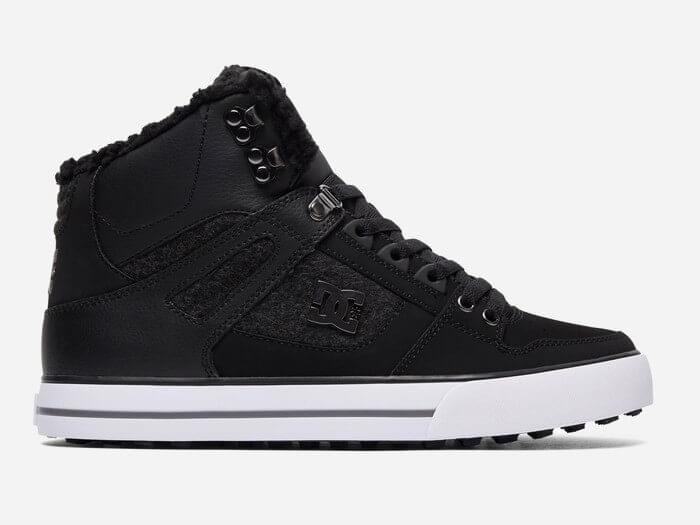The Indispensable Role of Well Control Hoses in Ensuring Safe and Effective Petroleum Drilling
Introduction:
Petroleum drilling is a complex and demanding process that requires meticulous attention to detail and adherence to stringent safety measures. Among the various components and equipment involved, well control hoses play a crucial role in maintaining operational efficiency and ensuring the safety of workers. This article will delve into the significance of well control hoses and highlight their contribution to safe and effective petroleum drilling.
The Importance of Well Control Hoses:
Well control hoses serve as vital conduits for the transportation of drilling fluids, such as mud, cement, and water, between the rig and the wellbore. These hoses are specifically designed to withstand high pressure, extreme temperatures, and harsh drilling conditions. Their primary function is to effectively control the flow of fluids during drilling operations, preventing potential hazards and ensuring smooth operations.
Enhanced Safety Measures:
Well control hoses play a pivotal role in preventing blowouts, which can lead to catastrophic accidents and environmental damage. These hoses are typically reinforced with multiple layers of steel wire and other durable materials to withstand immense pressure. Their robust construction provides a reliable barrier against potential leaks or ruptures, effectively preventing the uncontrolled release of fluids and minimizing the risk of accidents.
Flexibility and Maneuverability:
In addition to safety, well control hoses offer flexibility and maneuverability during drilling operations. Their design allows for easy installation and connection to various drilling equipment, ensuring seamless fluid transfer. Moreover, these hoses are resistant to corrosion and abrasion, enabling them to withstand the challenging conditions encountered during drilling, such as exposure to chemicals and rough surfaces.
Operational Efficiency:
Well control hoses contribute to the overall efficiency of petroleum drilling by enabling the uninterrupted flow of drilling fluids. By maintaining a consistent supply of fluids to the wellbore, these hoses facilitate efficient drilling, reducing downtime and increasing productivity. This leads to cost savings for drilling companies, as time and resources are optimized.
Conclusion:
Well control hoses are indispensable components in petroleum drilling, ensuring the safety of workers and the environment while enhancing operational efficiency. Their ability to withstand extreme conditions, prevent blowouts, and facilitate fluid transfer makes them critical for smooth and effective drilling operations. By investing in high-quality well control hoses, drilling companies can prioritize safety, minimize risks, and maximize productivity. Continued advancements in hose technology will further enhance their performance, contributing to the advancement of the petroleum drilling industry.
 Overall, well control hoses serve as the backbone of safe and effective petroleum drilling, fulfilling the industry's demands for reliability, flexibility, and durability. As the industry continues to evolve, the importance of these hoses will remain paramount in maintaining safe and efficient drilling practices.
Overall, well control hoses serve as the backbone of safe and effective petroleum drilling, fulfilling the industry's demands for reliability, flexibility, and durability. As the industry continues to evolve, the importance of these hoses will remain paramount in maintaining safe and efficient drilling practices.






Leave Your Product Requirements
Your email address will not be published. Required fields are marked *